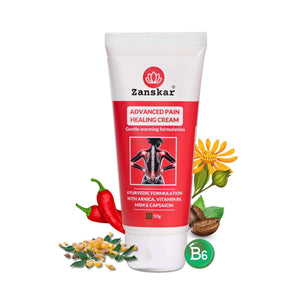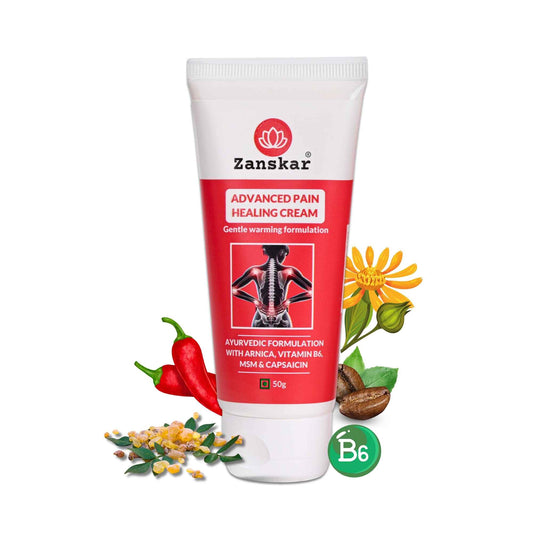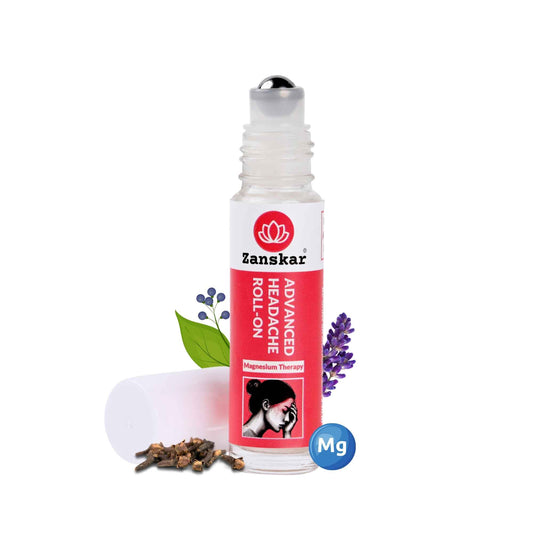
6 Ways to Ruin Your Knees

Knee problems can happen to anyone.
Because they're the main hinge between the ground and the rest of your body, the knees serve as your 'wheels' that get you around and allow you to be active. Life can really go downhill when you damage your knees.
Bound by an intricate system of ligaments, tendons, cartilage, and muscle, the knee is highly prone to injury. It's a complex hinge where the femur (thigh bone), tibia (shin bone), fibula (next to tibia) and kneecap all come together.
"It's hard to find the right balance between mobility and stability; the knee needs to move back and forth, twist a little, and pivot too,” says an expert at Zanskar Health. The knee's ligaments can tear, its tendons can swell up, OA can take hold, and even everyday wear and tear can ruin a perfectly good set of knees.
So, the question arises - what should we ABSOLUTELY refrain from to protect the wheels of our body? Take a look at the top 6 ways to avoid to prevent ruining your knees.
1. Ignoring knee pain
An occasional ache here and there is common. But knowing when you can and can't ignore pain is key,” says a Zanskar Health expert.
His rule of thumb: When the pain limits your ability to do what you normally do, you need to have it checked out.
It is not uncommon to hear about cases of significant knee injuries which were preceded by sprains or injuries causing meniscus tear and resulting in development of knee weakness. In hindsight, repairing the first injury often could have prevented the more severe repeat injury that caused significant debilitation.
2. Being overweight
1 kilogram of body weight yields 5 kilograms of force on the knee, so being overweight by even 5 extra kilogram can put a considerable load on those joints.
Being overweight also increases your chances of OA in the knee, a common and often disabling form of joint pain that wears away the knee's cushiony cartilage. Excess pounds also cause existing joint pain to worsen more rapidly.
Although diet and exercise are critical for weight loss, it's a double-edged sword. "If your knees hurt, it's harder to lose weight through exercise. So it is recommended to go for activities that go easy on the knee, and rely on good dieting habits to lose weight.
3. Not following through with rehab and rest
The rest and rehabilitation period after a knee injury is critical to avoiding future pain or re-injury. Depending on the type of damage and treatment, recovery could last anywhere from a couple of weeks to several months.
"During the rehab period, you need someone to help you tell the difference between something that just hurts, and something that's going to do you harm,” says our expert at Zanskar Health.
Many young patients are too eager to return to regular play as soon as they stop limping. He advises patients to work with an orthopedic doctor, a physical therapist, an athletic trainer, or some combination of these pros, in order to ensure proper focus is placed on gradually strengthening the knees.
4. Neglecting your ACL
One of the most commonly injured ligaments in the knee, the anterior cruciate ligament (ACL) is responsible for about 1,000,000 injuries in India every year.
Sports like cricket, football, badminton and basketball, that involve quick cuts, twists, and jumping, put the ACL at higher risk for rupturing. More traditional high-risk sports include volleyball, kabaddi and kho kho.
Women in particular have a 4x higher risk for ACL tears compared to men, mainly because the way women naturally jump, land, and turn puts greater strain on the ACL on account of different physical structure of the body.
We recommend that athletes of any age who play ACL risk-prone sports should seek help from an athletic trainer or other trained professional to help avoid this debilitating injury, and pay extra attention to strengthening the muscle around the knee to reduce the chance of ACL damage.
5. Overlooking other muscles around the knees
Weak muscles and lack of flexibility are primary causes of knee injuries, according to the Mayo Clinic. When the muscles around the kneecap, hip, and pelvis are strong, it keeps the knee stable and balanced, providing support by absorbing some of the stress exerted on the joint.
The Zanskar Health expert stresses the importance of building the quadriceps and hamstring muscles, as well as proper strengthening of the body's core muscles, including the obliques, lower back muscles, and upper thigh.
6. Wearing the wrong footwear
Prolonged episodes of either standing or walking in certain shoes can negatively impact on the knee joint.
What shoes can make knee pain worse?
- High heels, that change the centre of gravity of the legs and feet, any footwear that makes the lower limbs unstable or ill-fitting shoes, could be making your knee pain worse.
- Wearing flip-flops (chappal) for extended duration also is a bad idea as they result in heel pains that can cascade to knee and back pain very easily. Popular footwear like Crocs which advertise the comfort also suffer from stability issues of the foot, and are not advisable for extended wearing.
What shoes can help to prevent and manage knee pain?
Flat, supportive, well-fitting shoes are the best option for preventing and managing knee pain.If you do a lot of walking on hard pavements, such as during your commute to work, a silicone heel support that fits inside your shoes and cushions the heel as your foot strikes the ground is a good idea. Or, wear flat shoes during your commute, and change them when you arrive at your workplace if you prefer.
Learn More About Zanskar Health
If you have joint or muscle pain that makes it hard to move, Zanskar offers the most advanced full stack pain relief solutions for you.
Now available to purchase, Zanskar® Advanced Pain Care Products have a unique formulation of natural bioactive ingredients and provide lasting relief from muscle and joint discomfort that you can feel good about. Get your fix before stocks run out - buy now.
You can also gain access to therapeutic exercises and stretches for your condition by downloading the Zanskar Health physiotherapy mobile app. Additionally, you’ll have a personal care team to guide, support, and tailor our program to you, including behavioral and nutritional coaching.
Download our mobile app here 👉 download and track your exercise streak.
Medical Review: This article is written by Dr Nishtha Mittal (Senior Health Content Editor at Zanskar Health) and has been medically reviewed by the medical team at Zanskar Health. This article and its contents are provided for educational and informational purposes only and do not constitute medical advice or professional services specific to you or your medical condition.







